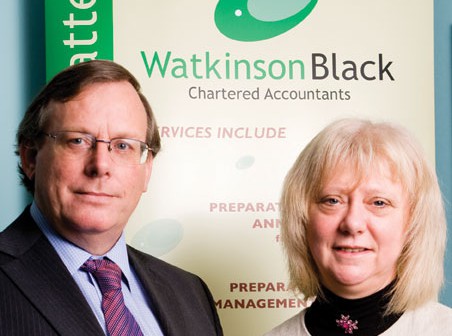As we approach the end of the tax year it is time to look at some tips for reducing your tax liabilities. As usual, however, you should never let the tax tail wag the dog.
One of the best ways to reduce tax is by making pension contributions. To get the relief in the current year then the contribution must be made before 5th April. The maximum contribution that can be made (gross) is restricted to the lower of £40,000 or pensionable income. However, everyone can contribute £3,500 gross, or £2,800 net, even with no pensionable income. Despite threats to the contrary tax relief is given at the tax payers marginal rate. It also reduces relevant earnings when looking at child benefit or the loss of personal allowances. Hence, if your relevant earnings are just above £50,000 then making a pension contribution could reduce them to below this level enabling you to claim and retain child benefit. A pension contribution could similarly reduce your relevant earnings if you are lucky enough to have earnings above £100,000 and so are losing some or all of your personal allowance.
For example, if your earnings are £123,000 then making a net pension contribution of £18,400 will reduce your tax by £13,800 in total of which £4,600 is given at source, meaning that the tax actually payable is reduced by £9,200. Therefore, you will get an investment of £23,000 for a net cost of £9,200! At the other end of the spectrum, a non-earning spouse can get an investment of £3,500 at a net cost of £2,800.
Whilst it may be too late for the current year, if you have a spouse or partner being taxed at a lower marginal rate than yourself, then you should ensure that assets are owned, and income received, by the lower earning partner. Following the introduction of the Dividend Allowance and the 0% Savings Tax Band then this now applies primarily to property income.
And talking of dividends, if you operate through a limited company then you should ensure that you fully utilise the dividend allowance. Up until 5th April 2018 this is £5,000 per person, so the first £5,000 of dividend income is tax free. From 6th April 2018 it is anticipated that this will be reduced To £2,000 per person. Subject to any anti-avoidance provisions then holding shares in your company jointly with your partner means that currently £10,000 can be received tax free, or £4,000 from 6th April, both figures plus any unused personal allowance.
WatkinsonBlack have considerable experience in all areas of taxation and businesss services, including providing a very cost-effective payroll bureau service. If you want to arrange a no-obligation initial meeting on any taxation or accounting matter then please contact us. Please note that these ideas are intended to inform rather than advise and you should always obtain professional advice before taking any action.




